(Below is a manuscript snippet of my book, Actionable Gamification: Beyond Points, Badges, and Leaderboards. Please subscribe to the mailing list on the right to order the book when it launches. This post may be moved into a Premium Area after a certain period of time).
Endowment Effect – Forces behind Core Drive 4: Ownership & Possession
There is quite a bit of scientific research towards how our psychology changes when we believe we own something, which is the basis of Core Drive 4: Ownership & Possession in the Octalysis Framework. Much of it is summed up into what Academics call the Endowment Effect.
In his book Thinking: Fast and Slow, Economics Nobel Prize Laureate Daniel Kahneman describes how a certain well-respected academic and wine lover becomes very reluctant to sell a bottle of wine from his collection for $100, but would also not pay more than $35 for a wine of similar quality.
This made very little economic sense because the same wine should hold the exact same value in a person’s mind, and therefore the price to buy and sell should be roughly the same, deducting transaction costs. What we see here is that when a person starts to own something, he immediately places more value on that item compared to others who don’t own it yet.
Endowment Effect in Dan Ariely’s Predictably Irrational
Researchers Dan Ariely and Ziv Carmon took this concept further and decided to test it on Duke University students who were crazed about watching basketball matches against other schools. After a semester’s worth of camping in small tents and checking in regularly whenever a air horn sounded, students who camped in front of the line were still only given a lottery number towards obtaining the actual basketball tickets. After the lottery results came out, some students became ticket owners, while others did not.
The Researchers decided to call up the students who won the ticket lottery and asked what was an acceptable price they would sell the ticket for, while asking the non-winners what was a price they would be willing to pay in order to get a ticket. It turned out, the average student who didn’t win the lottery (but gave the exact same amount of sweat and labor towards getting one) were willing to pay $170 to buy the ticket. On the other hand, can you guess what the average ticket owner was willing to sell it for?
The average ticket owner, whose only merit was that they were lucky enough to win the lottery, demanded $2,400 on average for their tickets. That is fourteen times more than the average buyer price. Clearly, the value of these tickets in the students’ head went through drastic changes the moment they became owners.
In a more lab-like example, Researcher Jack Knetsch asked two classes to fill out some questionnaires while displaying a promised reward in front of the students for the entire duration of the questionnaires. One group was promised an expensive pen, while the other group was promised a bar of swiss chocolate. After both sides have earned their rewards, they were allowed to trade their rewards with the other group. Only 10% of the participants wanted to trade their rewards for the other group’s rewards, showing that most of them valued their own rewards simply because they already owned the rewards.
Endowment Effect: Ownership is what we imagine
James Heyman, Yesim Orhun, and Dan Ariely further showed that the Endowment Effect also comes in effect when we just imagine ourselves owning something. They saw that within auction sites, the longer people remained the top bidder (which means they have imagined themselves as the official owner for longer), the more aggressively they would bid when someone outbids them. That imagined ownership motivates people to fight for their divine rights towards that item they don’t own yet.
This is why advertisers often try to get consumers to imagine themselves owning the promoted products by asking consumers to think about what they would do with those products. Also, trial promotions and money-back guarantees work the same way by letting consumers own the product first without any friction. Since we now know that the value of something becomes much higher after it is in our possession, consumers often feel reluctant to return that product for their money back afterwards.
Endowment Effect: For Sale Not For Use
One caveat to the Endowment Effect is that, if the person owns something as a token “for exchange,” they do not feel attached to the item in a biased way. If a merchant owns hundreds of shoes in the hopes of exchanging them for money, he obviously does not feel that sense of attachment when someone buys the product. Similarly, when consumers part ways with their money to buy these shoes, they also are not pulled back by the Endowment Effect (unless they are already in financial difficulty).
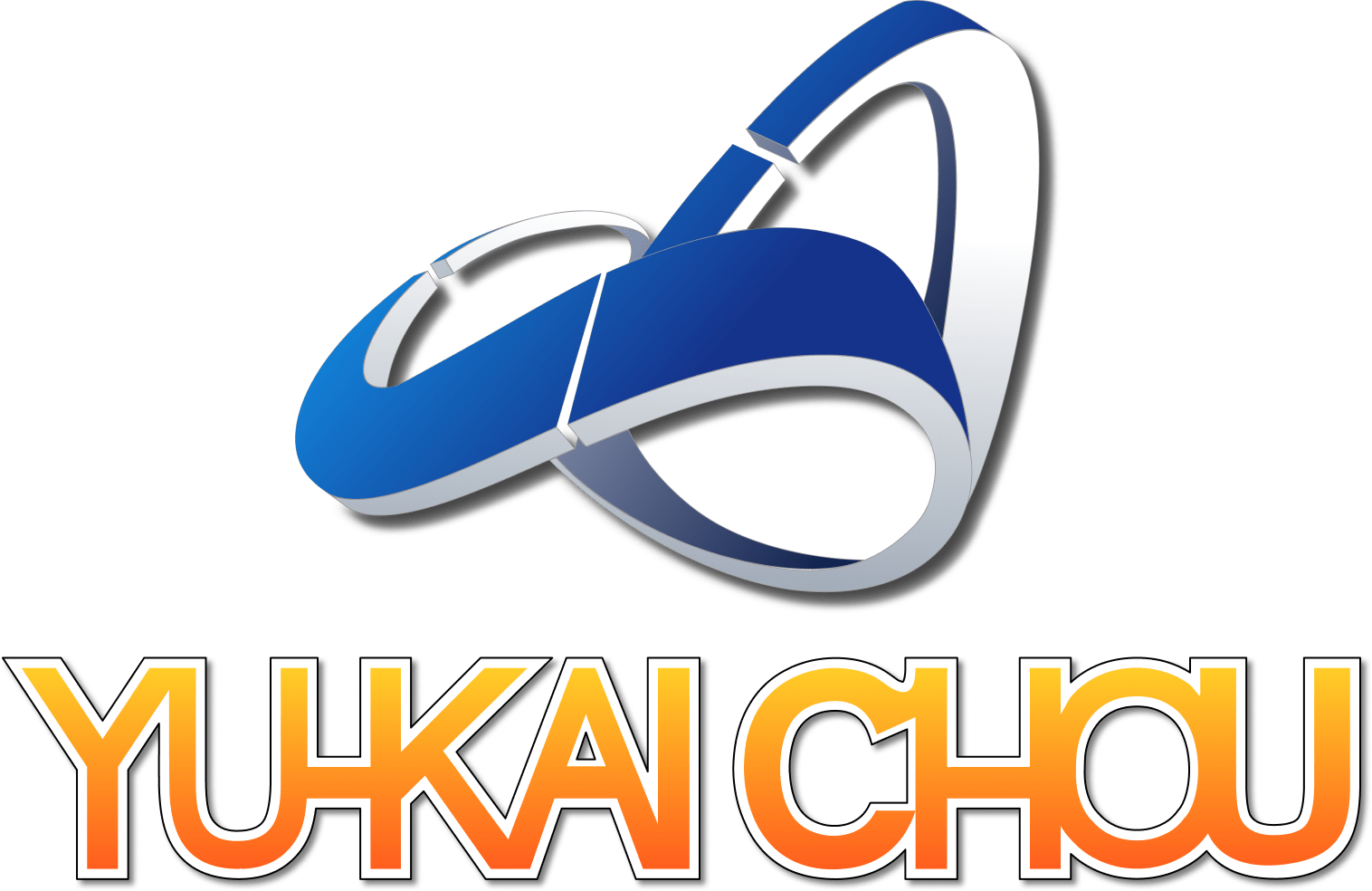

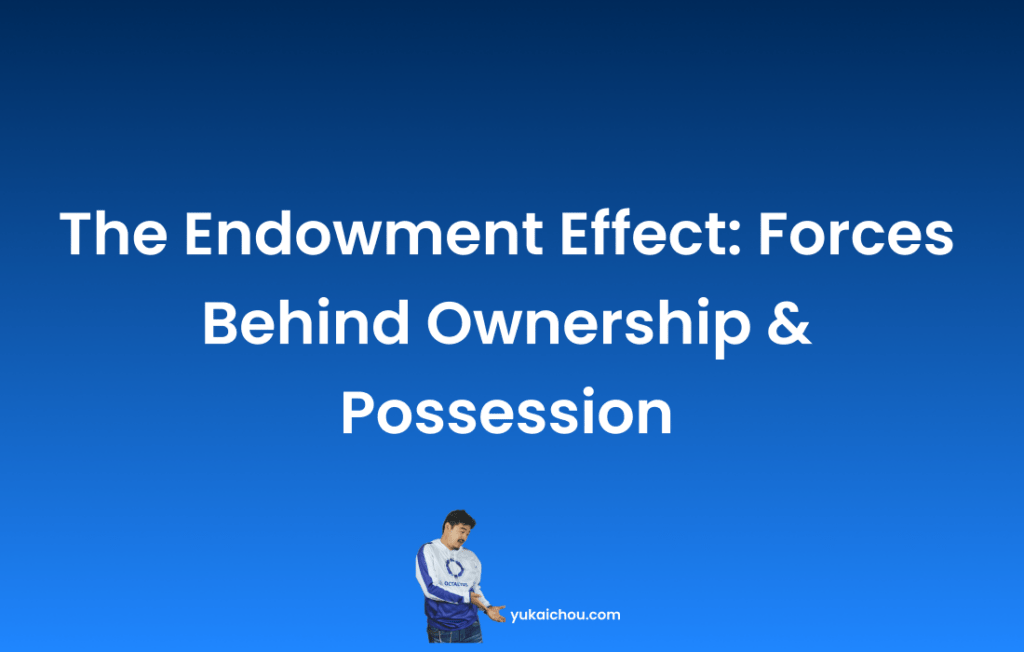
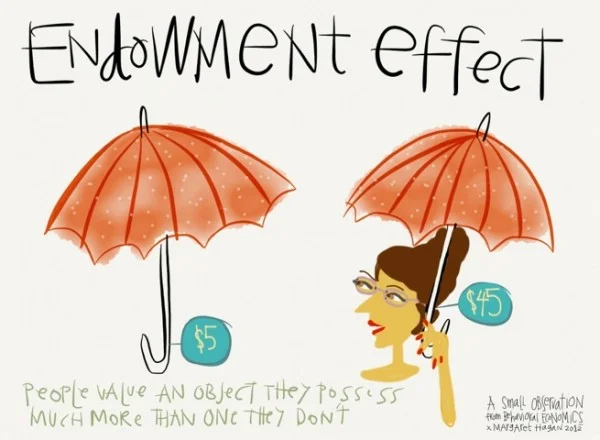


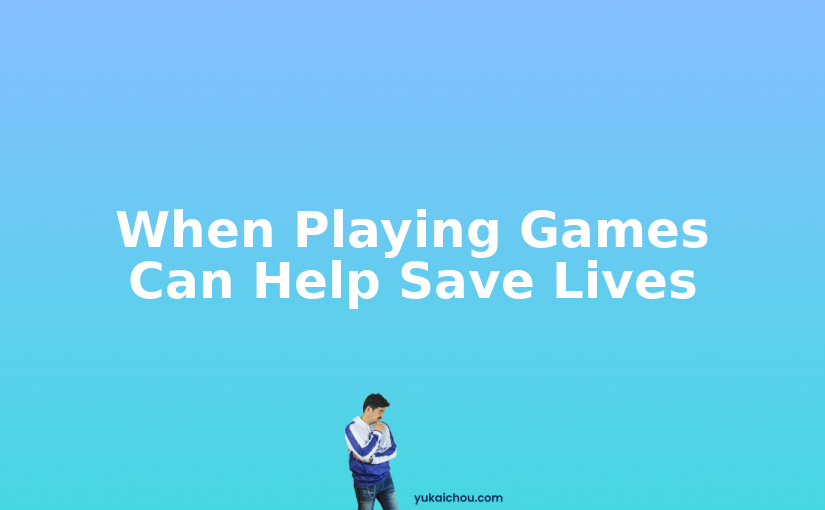
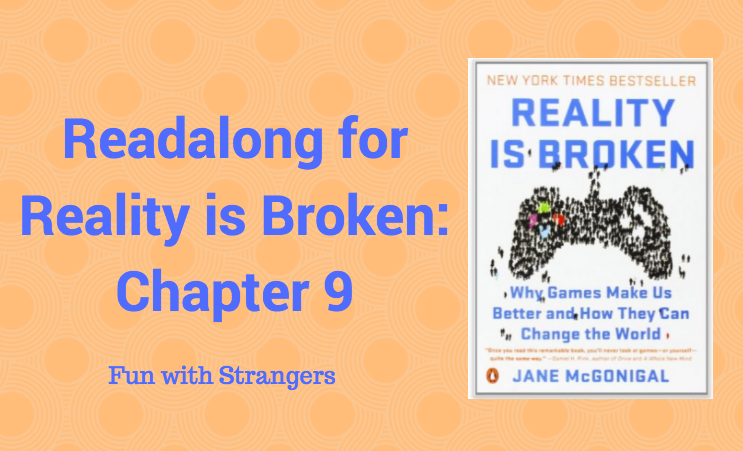
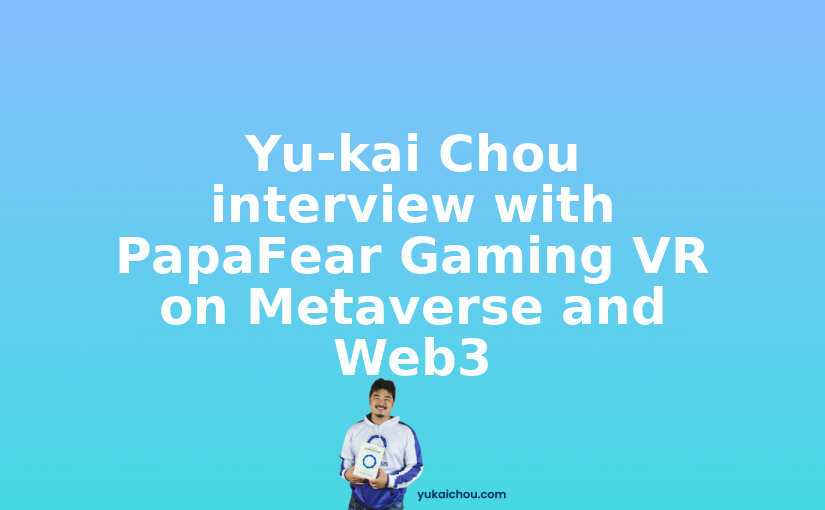

5 responses to “The Endowment Effect: forces Behind Ownership & Possession”
lindyaustralia Here’s a reference video I made: https://yukaichou.com/gamification-video-course/beginners-guide-gamification-20-90-left-brain-brain-core-drives-intrinsic-extrinsic/#.VB-gxGRdXj8
lindyaustralia That’s because the schools system use all Left Brain Core Drives (Development & Accomplishment, Ownership & Possession, Scarcity) over Right Brain Core Drives (Empowerment of Creativity & Feedback, Social Influence & Relatedness, Unpredictability & Curiosity), and we know in behavioral science that Extrinsic Motivation kills Intrinsic Motivation.
Yu-kai Chou lindyaustralia Sadly, many undergraduate students in university and even high school students are totally focused on the grade and not the learning. The challenge is to shift that focus onto deep learning.
lindyaustralia If you are looking at short-term effects, this would work. However, Core Drive 4: Ownership & Possession is a Left Brain Core Drive, which means that it is all about Extrinsic Motivation instead of Intrinsic Motivation. Students will lose all interest of actually learning the material and only focus on grades.
In the wikipedia article about this, they mentioned:
“work by Hossain and List (Working Paper) discussed in the Economist (2010), showed that workers worked harder to maintain ownership of a
provisional awarded bonus than they did for a bonus framed as a
potential yet-to-be-awarded gain.”
Would this imply that, in educational settings, you should give every student an A at the beginning of the course and deduct marks towards a final grade because the notional A would make them work harder?